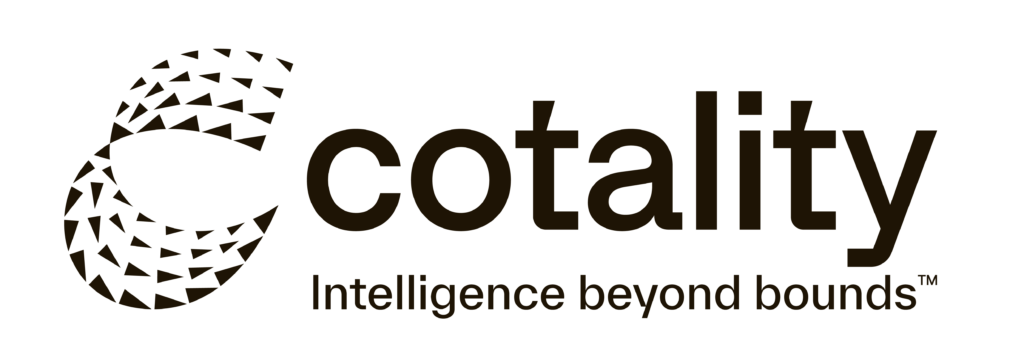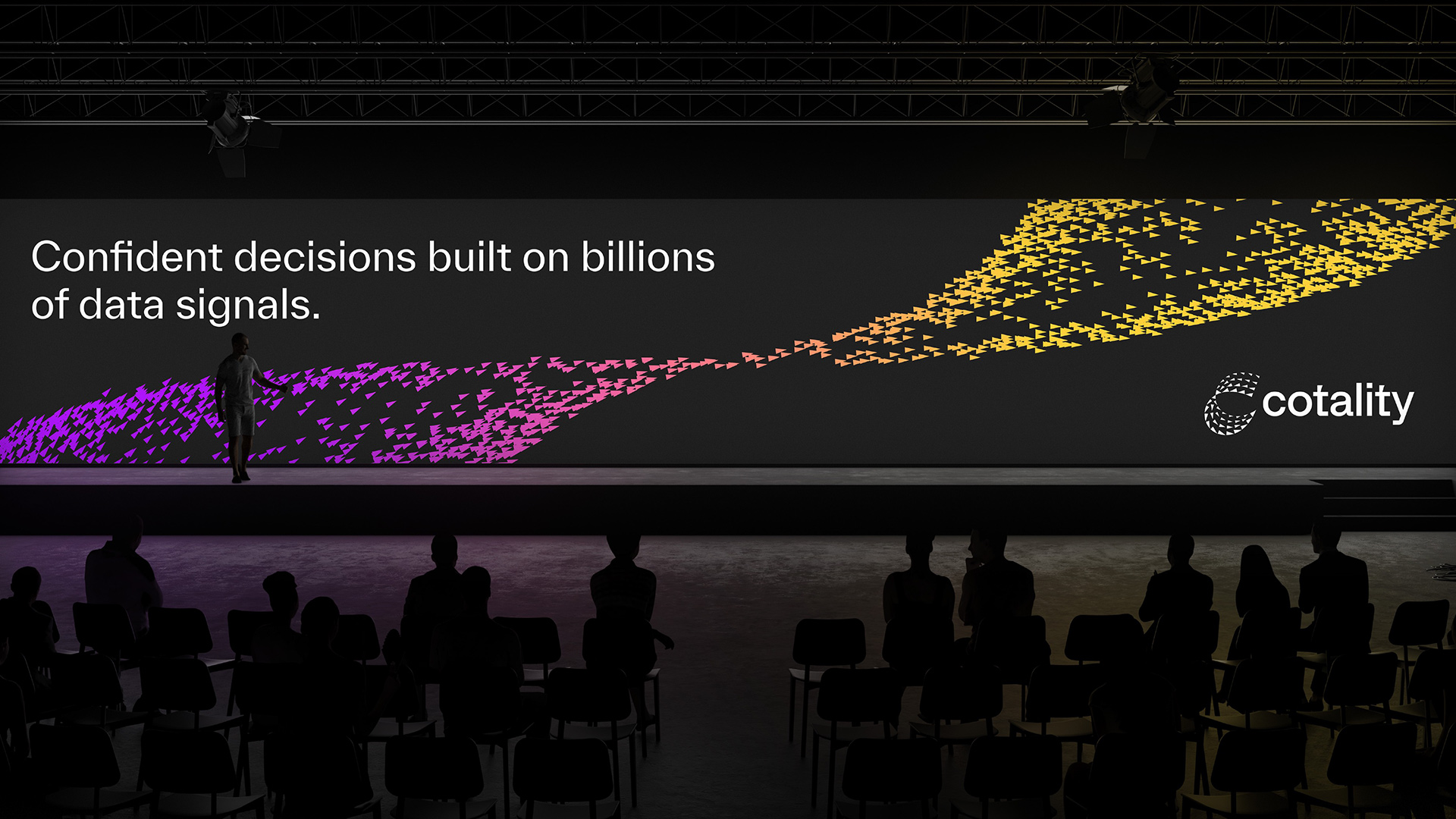
Let’s clear the air: the Cotality rebrand wasn’t just a cosmetic change – it was a strategic move with purpose. As we published last week on WAV Group, the new brand strategy is about recasting the company. It may also hint about things to come. I am making a prediction.
CoreLogic was taken private in 2021 – led by private equity giant Stone Point Capital and Insight Partners. In many ways, the rebranding to Cotality is the final part of the company’s reorganization since the private equity transaction.
Today, Cotality is a representation of a company that is a materially different company from the CoreLogic of 2021. If you are a customer, you feel the difference. Customer satisfaction ratings for their products among users and MLSs have grown significantly higher over the past few years. This management team fixed a lot of product and service issues that were plaguing the company.
Here are a few examples: That dreadful mobile app? It’s history. In its place: MLS-Touch, a best-in-class tool for agents on the go. The client portal is so much better now with OneHome. Certifications for updated RESO standards are now taking a day with Trestle. There are many more examples, but if you rewind the clock to 2021, you will agree with me. These examples are for the residential real estate industry. When you look across the company into fintech markets like mortgage, insurance, and the many other industries they serve, these improvements are profound.
The biggest accomplishment since 2021 is the development of the CoreLogic Integrated Property Number – CLIP. They connected (not merged) thousands of data assets in disparate databases through a unifying numbering system. It eliminates inaccurate data by connecting and reconciling inconsistencies across multiple property data records. This matters because CLIP finally solves one of the industry’s biggest pain points: inconsistent property data, ensuring cleaner, more accurate records that power everything from valuations to fraud prevention.

Cotality is poised to lead proptech in AI development.
If you have learned one thing about AI, do it safely. That means you do not give away your data (or the data you may be licensing from others) to AI. You always protect the data, but this does not mean that you avoid AI. The best practice is to securely develop and train AI on top of your data assets. Cotality is in a leading international position to deploy AI for the industries they serve.
If you have had the pleasure of visiting the Dallas operation of Cotality, it hopefully included a tour of the discovery center and the demo of 360 Property Data. As I wrote back in June of 2024, this is the new superpower of Cotality. In the article, I assert that Brad Inman was wrong in his prediction that Zillow will lead AI for real estate. I picked CoreLogic. For me, the difference is the data AI will be trained on. When it comes to AI, data isn’t just the fuel – it’s the engine. And the leader will be the one with the best data.
That’s why I’m making this call. While some say predicting the future is a fool’s errand, I’ll take the risk: Cotality is public before August of 2026. On our calls about the real estate industry, the capital markets view Cotality as a hot prospect. If you spend any time talking to Wall Street types, you know that investors are salivating over data companies because of AI.
Stone Point and Insight Partners agreed to a 51% premium to CoreLogic’s stock price in 2021 totaling $6 Billion. Cotality is worth a lot more today. At the time – the EV/EBITDA for CoreLogic was 15x. Today, peers like CoStar are at 239x, Zillow at 88x, MLSCI and Envestnet at 27X.
I expect Cotality to go public north of $12 billion USD offering. Pretty good win for Stone Point Capital and Insight Partners (this is highly speculative since I have no clue about Cotality’s current revenue or profits).
The typical timeline for a company to go public via an Initial Public Offering (IPO) ranges from 6 to 12 months, depending on company readiness and market conditions. Here’s a simplified breakdown:
- Pre-Planning (1–2 months): Internal discussions, hiring advisors (investment banks, legal, auditors), and preliminary financial audits.
- IPO Readiness & Due Diligence (2–4 months): Audited financials (usually 2–3 years), governance updates, legal clean-up, and drafting the S-1 registration statement.
- SEC Review (2–4 months): File the S-1 with the SEC, respond to comments, and revise as needed. This step can take longer depending on complexity and feedback.
- Marketing (2–3 weeks): Roadshow to pitch the IPO to institutional investors and set the price range.
- Pricing & Listing (1 week): Finalize the IPO price, allocate shares, and officially list on the stock exchange.
I have no evidence that Cotality is talking to investment banks or doing any of these things. But their name keeps surfacing in my banker calls. One thing’s certain: Cotality will use this rebrand to redefine how the market sees them.
Will my prediction prove right? Time will tell. Feel free to let me know what you think – leave us a comment!




